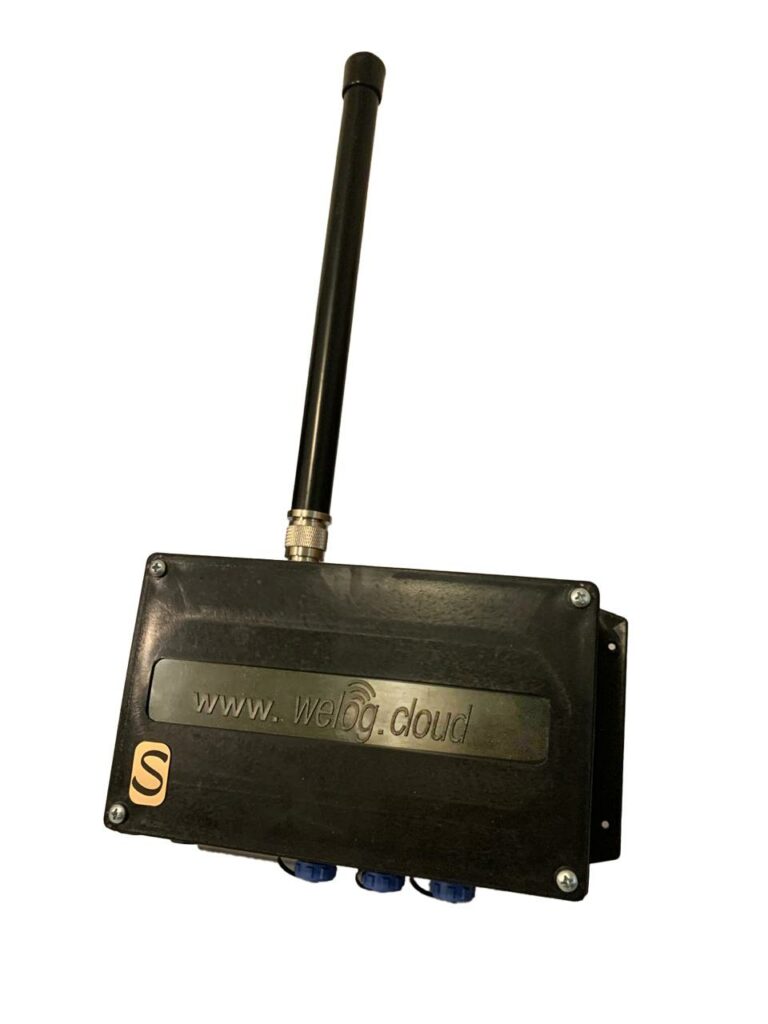SismaLab micro accelerometer
SismaLab Micro is a versatile accelerometric sensor that integrates a seismic accelerometric triad and a second structural triad. The structural accelerometric triad allows real-time monitoring of the dynamic response of bridges, buildings, bell towers, and piezometric towers by processing characteristic frequencies, while the seismic triad monitors potential earthquakes and, if a predefined threshold is exceeded, generates alarms and intercepts potentially dangerous utilities. To store data and process the Fourier transforms necessary to calculate frequencies, the instrument integrates a micro PC that also manages data transmission to the Cloud. "SismaLab Micro" is produced in two versions: "master" and "slave". The former transmits data directly to the cloud autonomously, while the latter requires a router or the "master" version, which includes a router, for transmission. The signals can be synchronized. In addition to Fourier analysis, "SismaLab Micro" can be used for vehicle flow analysis and as a crash monitor for guardrails, or for seismic monitoring and building protection. In the event of an earthquake, "SismaLab Micro" can shut off utilities such as gas and electricity.

SismaLab micro
Master version with integrated router
Slave version without integrated router
Router
Data transmitted over a network travel in the form of packets. The router's purpose is to direct the traffic of these packets along their path, whether they need to traverse different private local networks or the global Internet. A packet is typically forwarded from one router to another through a network, such as the Internet, until it reaches the destination node.
